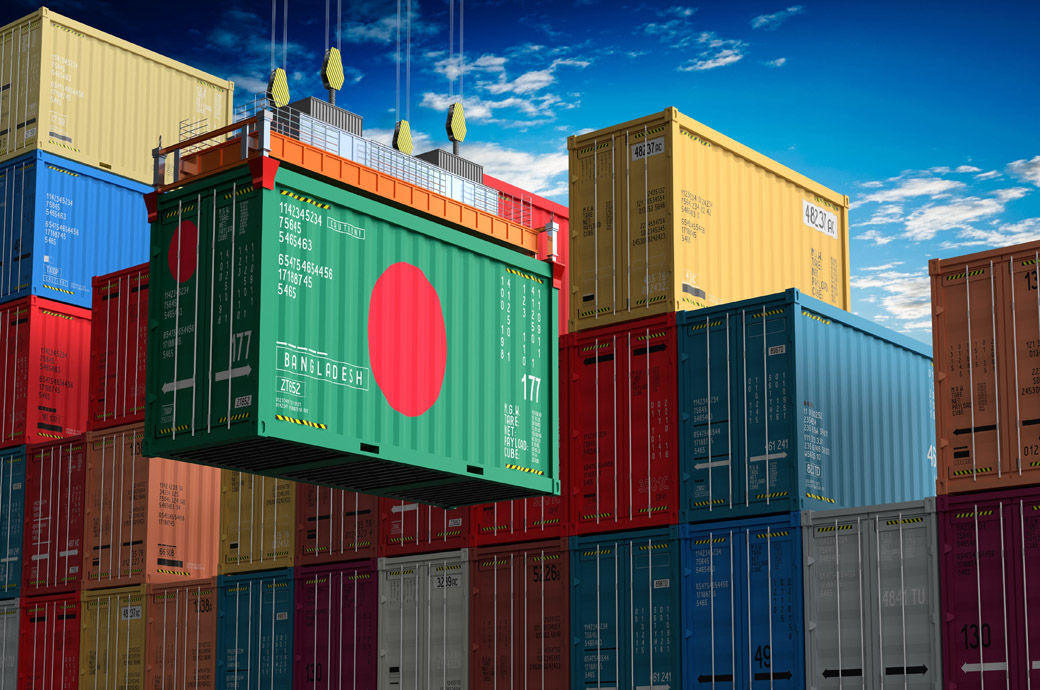
They emphasised leveraging state-of-the-art technology to streamline customs services and proposed enhanced collaboration between customs and other agencies, advocating for the establishment of an efficient single window system.
Hosted by Business Initiative Leading Development (BUILD) in partnership with the National Board of Revenue (NBR), the dialogue aimed to scrutinise the new provisions of the Customs Act 2023. The Act integrates international best practices, such as the WCO-revised Kyoto Convention and the WTO Trade Facilitation Agreement (TFA), reflecting 269 clauses compared to 286 in the 1969 Customs Act.
SM Humayun Kabir, NBR member overseeing Customs Audit, Modernisation, and International Trade, emphasised the necessity for continuous dialogue to instigate a permanent mindset change.
Build CEO Ferdaus Ara Begum stressed the urgency for customs to evolve into a modern agency capable of managing increasing trade volumes.
NBR first secretary Raich Uddin Khan highlighted new law provisions, including electronic declaration and risk management while former NBR member of Customs Policy, Fariduddin, proposed radical procedural changes to address private sector needs.
Md Mamun ur Rashid Askari, joint chief of the Bangladesh Trade & Tariff Commission, discussed the diverse provisions of the TFA, emphasising their implementation.
Manzur Ahmed, FBCCI adviser, advocated for technological efficiency and the adoption of customs valuation procedures in line with TFA and WCO systems.
ALCHEMPro News Desk (DR)
Receive daily prices and market insights straight to your inbox. Subscribe to AlchemPro Weekly!